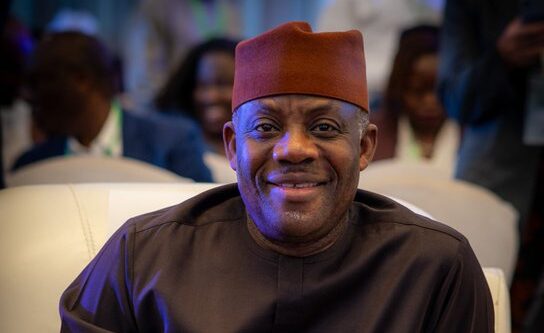The Federal Ministry of Education has introduced a new policy setting 12 years as the minimum age for pupils seeking admission into Junior Secondary School 1 (JSS1), following the completion of six years of primary education.
The directive is part of a newly launched policy document on Non-State Schools—also known as private, independent, or non-government schools—which was unveiled last week. These schools are not managed by the government and are typically funded through tuition fees and contributions from individuals, businesses, religious institutions, and foundations.
The policy outlines that nursery education should last for three years: children will begin Nursery One at age 3, Nursery Two at age 4, and attend one year of compulsory pre-primary education (Kindergarten) at age 5. Primary education spans six years, starting at age 6, with pupils expected to transition to JSS1 at age 12.
“Basic education shall be of nine years’ duration—comprising six years of primary and three years of junior secondary school,” the document states. “Children shall be admitted into JSS1 only after completing six years of primary education, typically at around age 12.”
If strictly implemented, the policy means students would reach the age of 18 before qualifying for admission into tertiary institutions.
This comes amid ongoing debate over the minimum age requirement for university admission in Nigeria. While former Education Minister Prof. Tahir Mamman had proposed 18 as the minimum entry age, his successor, Dr. Tunji Alausa, reverted the requirement to 16 years.
Data from the Nigeria Education Digest 2022 reveals that non-state schools now outnumber government-run schools in junior secondary education across at least 26 states. At the primary level, public schools still dominate in 19 states.
Between 2017 and 2022, private schools recorded faster growth rates: non-state primary schools grew by 31.56%, compared to 3.3% growth in public primary schools. At the junior secondary level, private schools expanded by 35.06%, while public schools grew by just 6.8% over the same period.

Leave a Reply